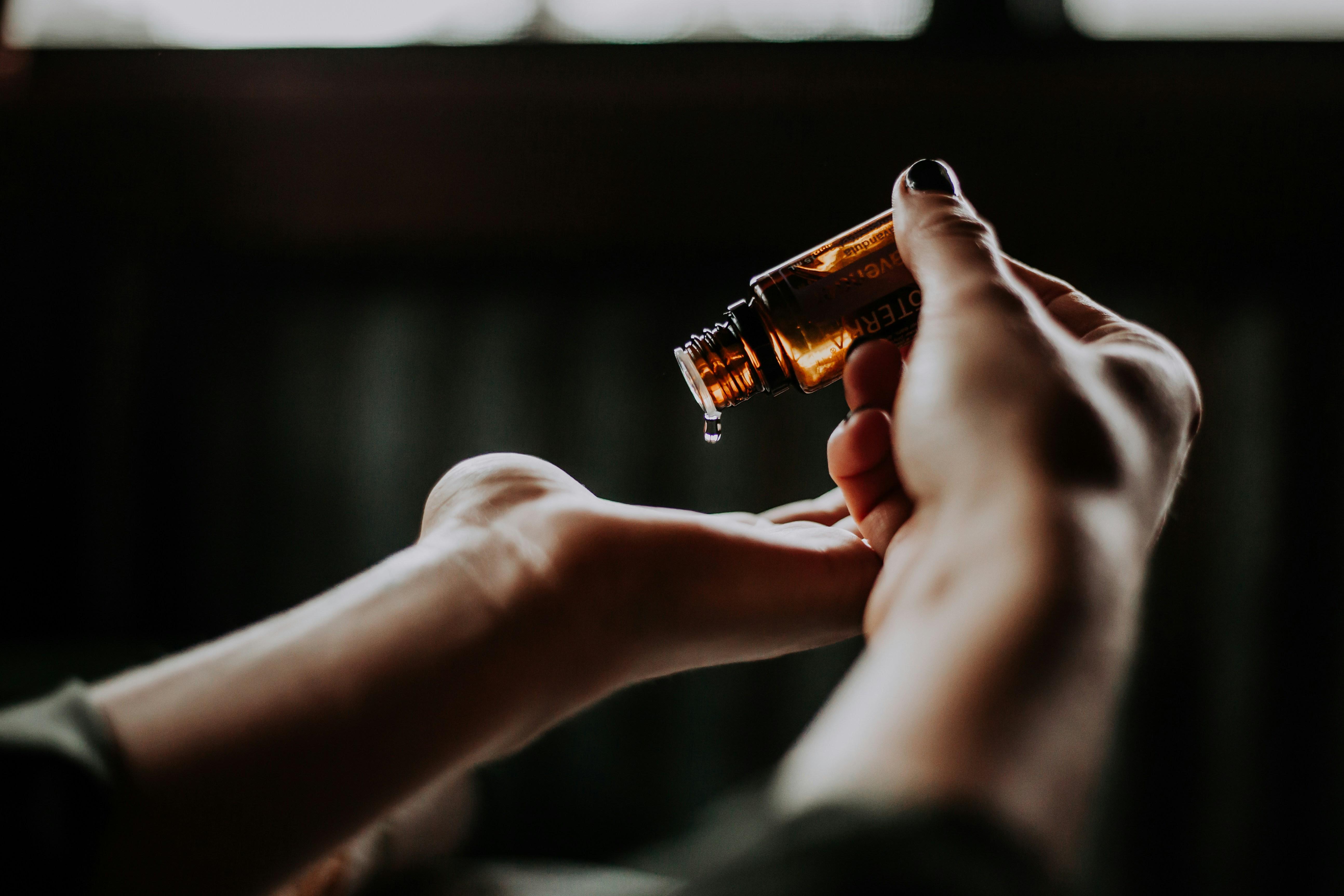In the midst of our bustling lives, headaches and migraines can strike like unwelcome guests, disrupting our day and clouding our thoughts. While modern medicine offers a myriad of solutions, many are turning to the wisdom of nature for relief. Imagine a world where the soothing aroma of lavender, the gentle warmth of a ginger tea, or the calming touch of acupressure could alleviate your pain. In this exploration of the best natural remedies for headaches and migraines, we journey through time-tested practices and holistic approaches that offer gentle, yet effective, respite. Join us as we uncover the secrets of nature’s pharmacy, providing a path to tranquility and relief.
Herbal Allies: Harnessing Nature’s Soothing Power
In the quest for natural relief, certain herbs stand out as trusted companions against headaches and migraines. Peppermint is a popular choice, with its refreshing aroma and cooling sensation that can alleviate tension. Applying diluted peppermint oil to the temples or inhaling its scent may provide a soothing effect. Lavender, renowned for its calming properties, can also be a gentle ally. A few drops of lavender oil in a diffuser or a warm bath might ease the throbbing discomfort.
Another potent herbal friend is Feverfew, which has been traditionally used to prevent migraines. While research is ongoing, many find incorporating feverfew supplements into their routine beneficial. Ginger, known for its anti-inflammatory qualities, can be consumed as a tea or added to meals to potentially reduce migraine severity. Exploring these herbal allies might offer a natural pathway to comfort and relief.
 Aromatherapy: Scents That Ease the Mind”>
Aromatherapy: Scents That Ease the Mind”>
Aromatherapy: Scents That Ease the Mind
Harnessing the power of natural scents can be a soothing and effective way to alleviate headaches and migraines. Aromatherapy taps into the olfactory senses, offering relief through the use of essential oils. Lavender, known for its calming properties, can help reduce stress and tension, often key triggers for headaches. Simply inhaling its gentle fragrance or applying a diluted form to the temples can work wonders.
- Peppermint Oil: Its invigorating scent and cooling effect can enhance blood flow and soothe muscle contractions, providing quick relief.
- Eucalyptus Oil: Known for its anti-inflammatory properties, it can help clear sinus congestion, a common cause of headaches.
- Rosemary Oil: Often used to improve circulation and reduce pain, this oil can be massaged into the scalp for targeted relief.
Integrating these essential oils into your daily routine, whether through diffusers, baths, or topical application, can create a serene environment that helps ease the mind and alleviate the discomfort of headaches.

Nutritional Choices: Eating Your Way to Relief
When it comes to soothing headaches and migraines, what you eat can make a world of difference. Embracing a diet rich in certain nutrients may help in reducing the frequency and intensity of these discomforts. Consider incorporating the following into your meals:
- Magnesium-rich foods: Almonds, spinach, and avocados are excellent sources of magnesium, known to relax blood vessels and alleviate headaches.
- Omega-3 fatty acids: Found in fish like salmon and sardines, omega-3s have anti-inflammatory properties that may help ease migraine symptoms.
- Hydration heroes: Water-rich fruits and vegetables such as cucumbers and watermelon can prevent dehydration, a common headache trigger.
- Herbal teas: Ginger and peppermint teas are renowned for their soothing effects, potentially providing quick relief.
By making these nutritional choices, you might find a natural path to comfort and relief, reducing reliance on medications and enhancing your overall well-being.

Mindful Practices: Meditation and Relaxation Techniques
Embracing the power of mindfulness can be a transformative approach to alleviating headaches and migraines. By engaging in meditation, you can cultivate a state of inner calm and reduce the stress that often triggers these ailments. Consider setting aside a few moments each day to focus on your breath, allowing thoughts to pass without judgment. This practice not only helps in easing tension but also enhances overall well-being.
- Guided Meditation: Utilize apps or online resources to guide you through relaxation exercises.
- Breath Awareness: Concentrate on your inhalation and exhalation to anchor your mind in the present moment.
- Progressive Muscle Relaxation: Gradually tense and release each muscle group, promoting physical and mental relaxation.
Incorporating these techniques into your daily routine can serve as a natural remedy, offering relief from discomfort and fostering a more harmonious connection between mind and body.





